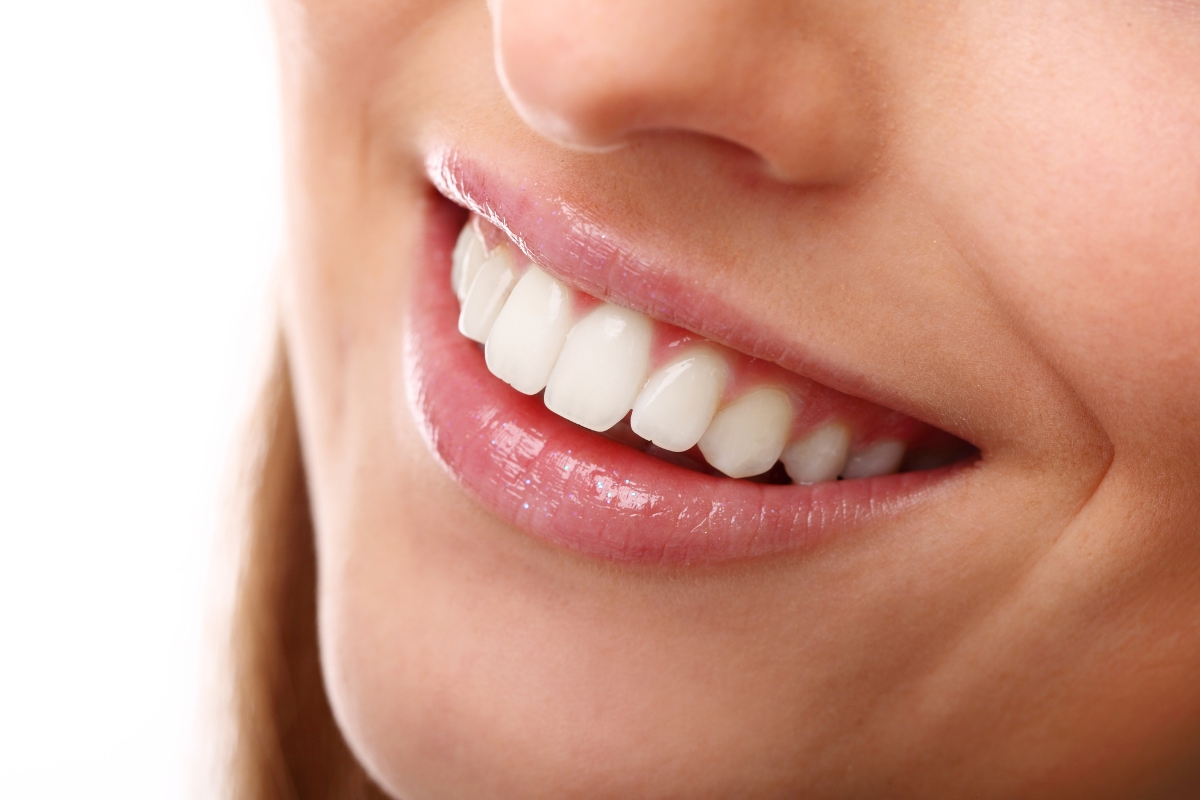
Dealing with sensitive teeth can be a real challenge, especially when it comes to whitening them. Many individuals with sensitive teeth hesitate to undergo whitening procedures due to fear of discomfort or pain. Sensitivity issues can arise due to various factors such as enamel erosion, gum recession, or underlying dental conditions. But fret not, there are ways to achieve a dazzling smile without exacerbating sensitivity. In this guide, we’ll explore some valuable teeth whitening tips and tricks tailored for those with sensitive teeth.
Understanding Tooth Sensitivity
Before delving into teeth whitening methods suitable for sensitive teeth, it’s essential to grasp the underlying causes of tooth sensitivity. Typically, sensitivity arises when the protective enamel layer of the teeth wears down, revealing the underlying dentin and nerve endings. This exposure can lead to discomfort when consuming hot, cold, or acidic foods and beverages. Additionally, sensitivity can intensify during teeth whitening procedures if not approached cautiously.
Causes of Tooth Sensitivity
Tooth sensitivity can arise from a variety of factors, such as:
– Enamel erosion
– Gum recession
– Cracked or chipped teeth
– Cavities or tooth decay
– Dental procedures like teeth whitening or restorative treatments
Preparing Your Teeth for Whitening
Before embarking on any teeth whitening regimen, it’s crucial to prepare your teeth adequately. This preparation not only minimizes sensitivity but also ensures optimal results. Here are some steps to consider:
Consultation with a Dentist
Schedule a consultation with your dentist to assess your oral health and discuss your teeth whitening goals. Your dentist can recommend suitable whitening options based on your specific needs and address any underlying dental issues that may contribute to sensitivity.
Strengthening Enamel
Toothpaste and mouthwash products containing fluoride can help strengthen enamel and reduce sensitivity. Incorporate these products into your daily oral care routine to fortify your teeth against sensitivity triggers.
Gentle Dental Cleaning
Prioritize regular dental cleanings to remove plaque and tartar buildup, which can exacerbate sensitivity. A professional cleaning session ensures a clean slate for your teeth whitening journey.
Choosing the Right Whitening Method
When it comes to teeth whitening for sensitive teeth, selecting the appropriate method is paramount. Avoid harsh or abrasive treatments that can further irritate sensitive teeth. Opt for gentler alternatives such as:
Whitening Toothpaste
Whitening toothpaste formulated for sensitive teeth offers a mild yet effective approach to brightening your smile. Look for products with low abrasiveness and desensitizing ingredients like potassium nitrate to minimize discomfort.
At-Home Whitening Kits
Over-the-counter whitening kits designed for sensitive teeth typically contain lower concentrations of bleaching agents like hydrogen peroxide. These kits often include custom trays or strips for a more controlled application, reducing the risk of irritation. For effective results, follow these teeth whitening tips: always read the instructions carefully, use the kits consistently for the best outcome, and consider consulting with your dentist for personalized advice.
Professional Whitening Treatments
Seeking professional teeth whitening from a qualified dentist ensures personalized care and supervision throughout the process. Dentists can tailor the treatment to accommodate your sensitivity levels, using techniques like gradual whitening or desensitizing agents to mitigate discomfort.
Minimizing Sensitivity During Whitening
Even with precautions in place, some degree of sensitivity may still occur during teeth whitening. Here are few tips to alleviate discomfort:
Use Desensitizing Gel
Apply a desensitizing gel or fluoride treatment before and after whitening sessions to alleviate sensitivity and protect enamel. These products create a barrier between the bleaching agent and the teeth, reducing direct contact and potential irritation.
Limit Whitening Sessions
Space out whitening sessions to allow your teeth time to recover and minimize sensitivity. Overdoing it with excessive whitening can strip away enamel and exacerbate sensitivity issues.
Avoid Extreme Temperatures
During the whitening process and in the days following treatment, avoid consuming extremely hot or cold foods and beverages that can trigger sensitivity. Stick to lukewarm or room temperature options to prevent discomfort.
Maintaining Your Bright Smile
Once you’ve achieved your desired level of whitening, maintaining your bright smile is key. Implementing good oral hygiene practices and lifestyle habits can help preserve your results and prevent sensitivity recurrence:
– Brush and floss regularly to remove plaque and prevent staining.
– Limit consumption of staining foods and beverages like coffee, tea, and red wine.
– Quit smoking, as tobacco products can contribute to tooth discoloration and sensitivity.
– Schedule routine dental check-ups to monitor your oral health and address any emerging issues promptly.
Achieving a whiter smile with sensitive teeth is indeed possible with the right approach and techniques. By choosing gentle products, practicing safe application methods, and maintaining overall dental health, you can enhance your smile without sacrificing comfort. Remember, consulting with your Ann Arbor Dentist is always a wise decision to ensure personalized guidance and optimal results tailored to your specific needs. So, embark on your teeth whitening journey with confidence, knowing that a dazzling smile awaits!


